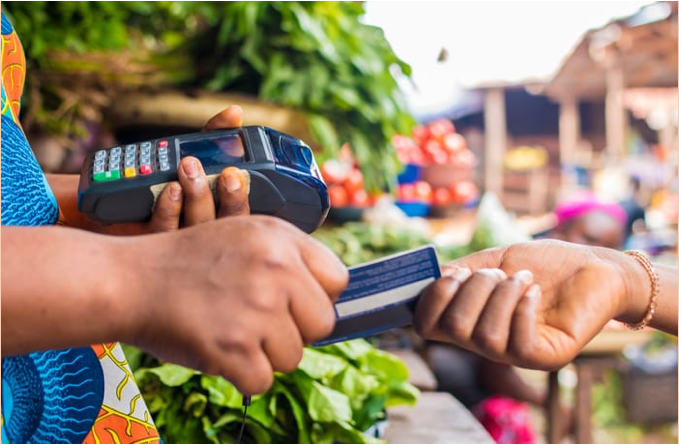When digital payment methods became popular around the world, many believed that this marked the end of ‘cash is king’. However, cash still remains king despite advancements in digital payments seeing their popularity soar, especially in developing regions.
Africans have been embracing the digital revolution especially when it comes to mobile banking thanks to high access to mobile, smartphone and feature phone. While this has accelerated financial inclusion, there has been a seismic shift in consumer preferences towards digital payment methods in the continent.
According to a research by Regtech Africa, an emergent digital tech platform, and Agpaytech, a fintech solution provider dubbed “African Digital Payment Systems and Consumers Experience in 2023”, that involved 2,591 respondents from Africa, 91% of participants expressed their preference for digital payment approaches over traditional cash methods.
The report highlights that 73.5% of the respondents are leveraging banking apps for various transactions while 85.5% utilize these apps for fund transfers and other payments. This has resulted in a significant drop in reliance on physical bank branches, with many users avoiding branch visits entirely.
“The overwhelming preference for digital payment solutions underscores the transformative potential of fintech innovation in driving financial inclusion and economic empowerment across the continent,” Richard Amoah, CEO of Agpaytech Ltd, said.
With fintech solutions offering Africans more options, the research identifies a burgeoning interest in innovative payment trends, including personalized services such as ‘buy now pay later,’ ‘save now buy later,’ WhatsApp banking, Central Bank Digital Currencies (CBDCs), and open banking. However, despite the increasing interest, the survey also reveals the significant gaps in consumer awareness regarding financial instruments such as the CBDCs.
Even though they can transform financial infrastructure, 69% of the participants admitted to lacking any knowledge of CBDCs, highlighting the imperative for widespread education initiatives. When presented with the concept of CBDCs, 19.8% expressed their agreement with their issuance, while 47.9% opposed the idea, and 32.3% remained uncertain.
There have also been a number of challenges that have continued to hinder the widespread adoption of digital payment systems such high fees and fraud concerns. According to the survey, 45.3% of consumers expressed dissatisfaction citing high transaction charges, fraud concerns, and perceived security vulnerabilities as the primary deterrents. This indicates a pressing need for enhanced safeguards and regulatory frameworks.
Cyril Okoroigwe, CEO of RegTech Africa, says that as Africa embraces the digital revolution, it’s imperative for stakeholders to prioritize interoperability and user-centric design in crafting next-generation payment solutions.
“By addressing consumer concerns and fostering collaboration across the financial ecosystem, we can unlock the full potential of digital payments to drive inclusive economic growth,” he said.


